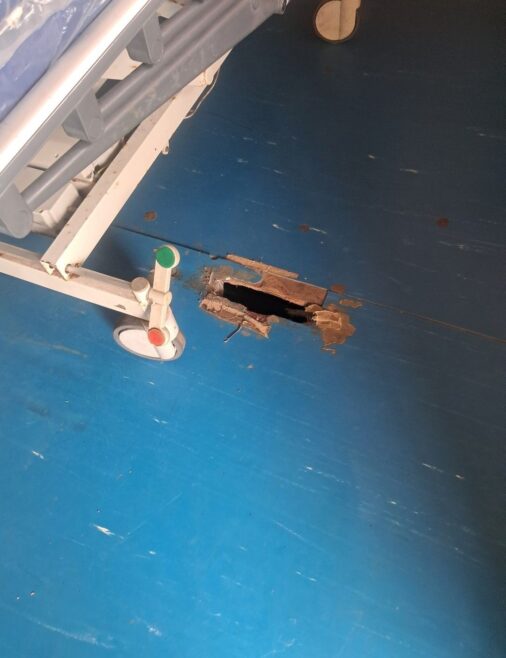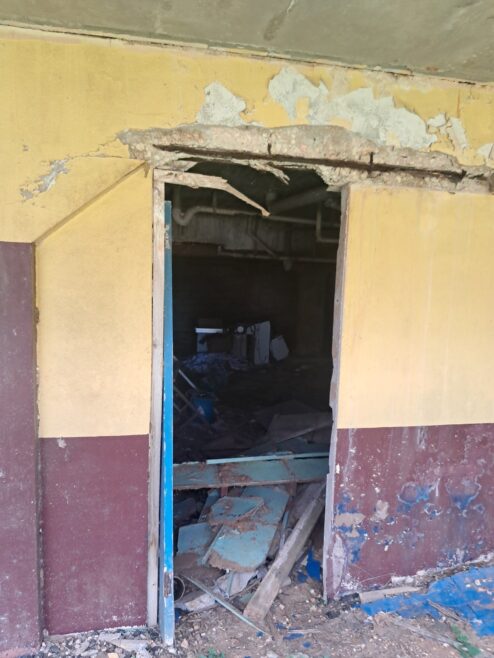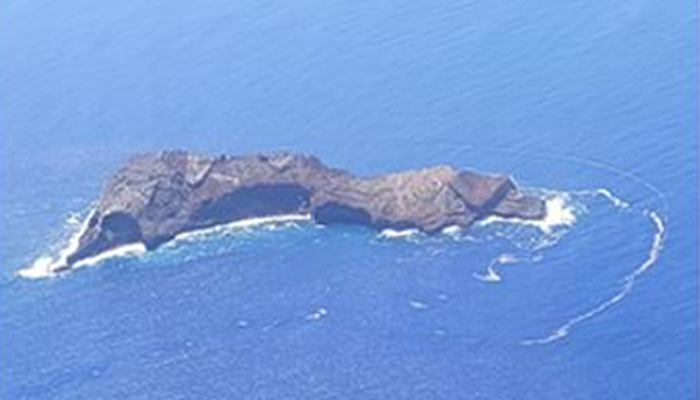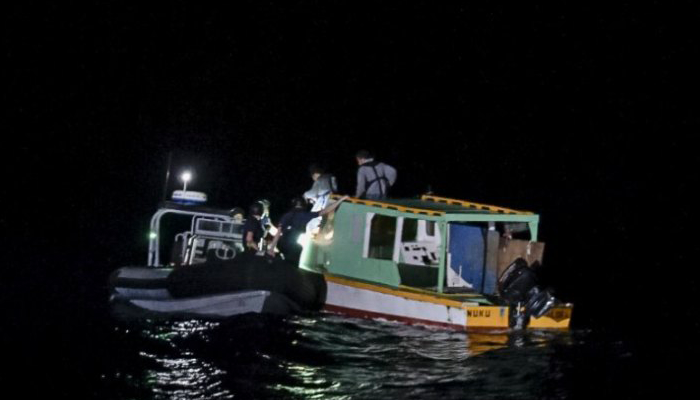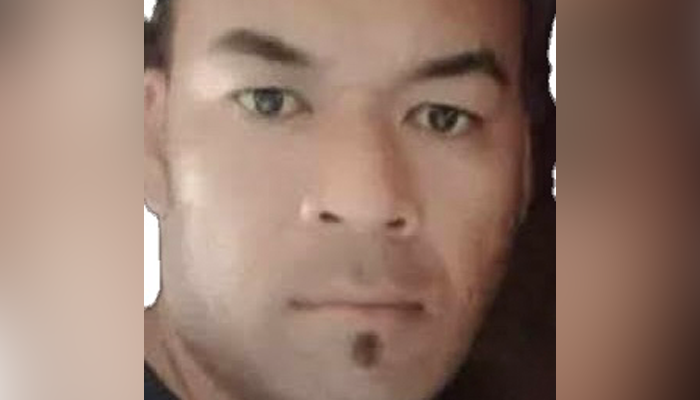EDITOR’S NOTE: This commentary was edited to reflect the fact that the response from the Deputy Clerk was meant to say that the Parliament using the circular was a normal means of communication.
COMMENTARY: It is time for the practice of using circulars to make decisions in Parliament was reviewed.
Circulars should only be used on agendas that are urgent.
They should not be used on important issues such as pay rises for Parliamentarians.
Such issues should be properly debated in the House so that they can be recorded in the minutes for the public to read and also broadcast for people to listen.
As Kaniva News reported yesterday, the government’s use of a circular to canvas MPs’ views on a pay rise has been called into question.
However, the Legislative Assembly’s Deputy Clerk, Dr Sione Vikilani, said the circular was a normal means of communication approved by the House and any information sent through it was legal.
In Tongan he said: “Ko e tohi ‘avetakai ko e founga ngāue pe ‘oku ‘ataa ke ngaue’aki pea ‘oku ‘ikai ke ta’efakalao ha tu’utu’uni ‘i hono fakahoko ‘i he founga koia”.
Dr Vikilani did not respond to a question asking why a circular was used to ballot the pay hike and not a face-to-face voting in the House.
READ MORE
Controversy surrounds MPs’ pay rise backdated to 2018; but Parliament claims move was legal
Costs and details of MPs’ flight to rugby match still unclear as Speaker responds to our story
PM’s son slams approval of TP$200,000 to pay MPs to fly to NZ for Mate Ma‘a Tonga test
Bad luck fears mount amid debates on MPs’ controversial Mate Ma‘a attendance
In 2018 Tonga’s former Prime Minister, the late ‘Akilisi Pōhiva, warned that using circulars in Parliament was open to abuse.
Speaking to Kaniva News, Pōhiva said the use of circulars was normal but did not allow for discussion.
MPs, especially the Opposition, could not debate whatever agenda was being circulated.
He said that traditionally Speakers and the Noble’s representatives, who were mostly the majority in the House, used it to ballot issues they wanted to be decided in their favour.
The late Prime Minister’s comments were made during an interview in 2018 about the decision to approve an invitation from the Tonga Rugby League for a Parliament delegation to attend a match.
The decision was adopted through a circular, by collective resolution of Parliament.
Prime Minister Pōhiva’s concerns are just as relevant today as they were four years ago.
Debates and voting in the House must be open so that all citizens can see how their MPs voted and debate can be held in public.
This was illustrated in our story yesterday when Dr Vikilani would not say how MPs voted on the circular.
A Parliament with secrets is not truly democratic.

